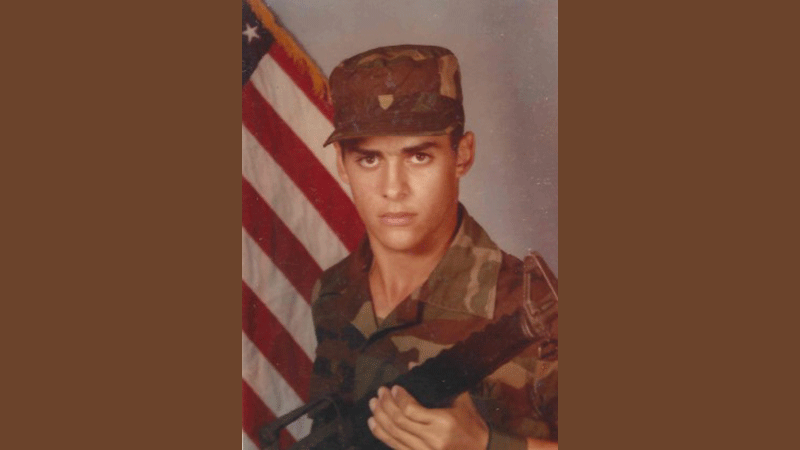In Fall 2017, Norco College began developing the Military Articulation Platform (MAP)—a
cloud-based system that allows evaluators and faculty to match military training with
college courses and give veterans the college credit they deserve. MAP relies on credit
recommendations made by the Academic Council on Education (ACE), which are paired
with similar courses in the college catalog. These pairings (or articulations) are
activated and published when they are approved by discipline faculty at the college.
Once all ACE recommendations (many thousands) are matched to all the college courses,
the college will be able to award all possible credit to our vets. This will increase
access for veterans by giving them up to 30 units of credit for their military training.
The project was initially funded by Assembly Member Sabrina Cervantes through a state appropriation. In Spring 2018, the Inland Empire Desert Regional Consortium (IEDRC) joined the
effort by sponsoring its expansion into a regional effort serving its 10 member colleges.
In this phase of the project the MAP team is focusing career education course articulations,
which will shorten time to completion for certificate and degree pathways for veterans
seeking new career opportunities. By expediting these career pathways, veterans will
conserve their limited Post-911 GI Bill benefits and re-enter the workforce much sooner
and with higher wage prospects. MAP colleges are excited about the potential to increase
completions and veteran participation rates. Most importantly, our region will recruit,
retain, and equip veterans.
Meet Darrell Palmer, the first recipient of MAP-generated credit for military training.
Darrell is a Norco College student and a U.S. Army veteran who served a Tactical Satellite/Microwave
Systems Operator. We are excited to report that in Spring 2020, Palmer was awarded
17 units of applicable credit towards his Digital Electronics AS degree. Because he
is being granted the credit he deserves, he is getting back six months of his life
and saving thousands of dollars on student fees, textbook costs, and living expenses.
With over 750,000 GI Bill users each year nationally, most veterans attend private
for-profit colleges, which generally do a much better job awarding credit for military
training. Compare the tuition at these colleges to that of California community colleges,
and it's a shocking $30,000-40,000 per year difference. In addition, veterans earning
up to a year of credit for prior learning could save over $10,000 in housing allowances.
This could save student veterans and taxpayers more than $30 million for the 30,000
average annual GI Bill students in our state. This project supports dignity and respect
for our service members and is a potential boost to the economy and employers.
Currently all ten IEDRC colleges are uploading their curriculum and programs into
MAP. In the next stage, MAP teams at each college will match ACE recommendations with their catalog. In fall 2020, it is projected that thousands of articulations
in the region will be published, which will begin to positively impact thousands of
student veterans. As an example, within Electronics Technology at Norco College, over
133 articulations have been activated. Now those who performed those jobs in the military
can complete their certificate or degree up to six months sooner.
If you would like to consider articulating military courses and experiences in your
career education area or to find out more about the project, please contact MAP Project
lead, Terence C. Nelson.
